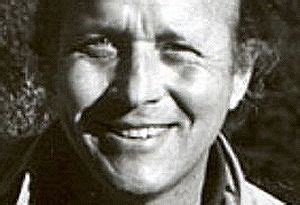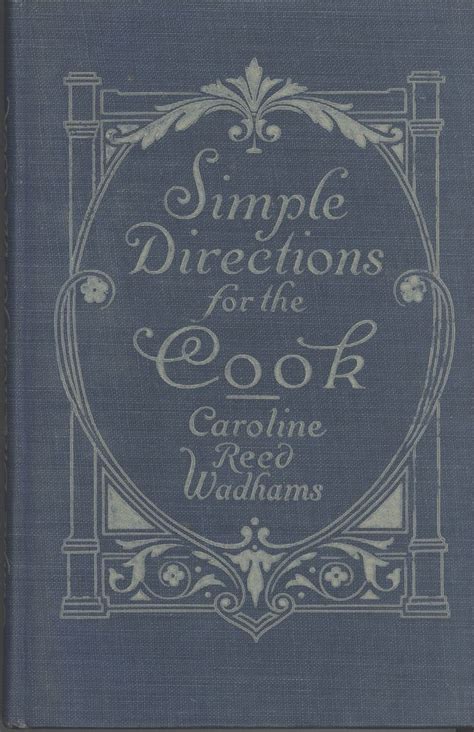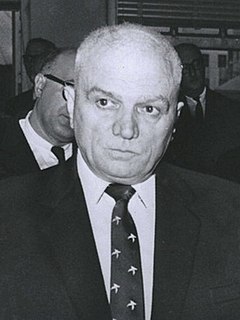A Quote by Andy Biersack
You have exactly the same number of hours per day that were given to any of your heroes. Become what you wish to be.
Related Quotes
Time is an equal opportunity employer. Each human being has exactly the same number of hours and minutes every day. Rich people can't buy more hours. Scientists can't invent new minutes. And you can't save time to spend it on another day. Even so, time is amazingly fair and forgiving. No matter how much time you've wasted in the past, you still have an entire tomorrow.
We are compelled to work more hours per day, receive less pay per hour, pay more for what we buy, and recieve less for what we sell. The consequence is that we must work harder and more hours per day than we should, and in the end have less than what is due to us as our part of the advantages, conveniences and opportunities resulting from advancing civilization.
Here in the United States we're now consuming about three gallons of petroleum per person per day. That's twenty pounds of oil per person per day. We only consume about four pounds of oxygen per person per day. We're consuming five times more oil each day, here in the United States than we are oxygen. We've become the oil tribe.
Moving is what the deal is. I wish I could spend more time in places, but I find I either want to be in a place for an afternoon or like 10 days or a month. I don't like the two-day thing, so I just wish the drives were shorter so you could wake up, take a walk, and spend three hours in one part of the town. I always thought there should be 28 or 30 hours in a day - you know what I mean?
If all people are unique, and if they are constantly changing each and every day, then all one can say about any social research finding is that it applied to that group of people on that given day, and given the propensity of humans to be different and to change, then it is unlikely that one would get the same results if one were to repeat the study.
Any day we wish we can discipline ourselves to change it all. Any day we wish; we can open the book that will open our mind to new knowledge. Any day we wish; we can start a new activity. Any day we wish; we can start the process of life change. We can do it immediately, or next week, or next month, or next year.
How much is an hour of your time worth? It's worth whatever wage you would get if you spent that hour working. If you work for an hourly rate, this is an easy calculation. Even if you work for a salary and a fixed number of hours, the principle is the same: It's whatever your salary works out to per hour.



































